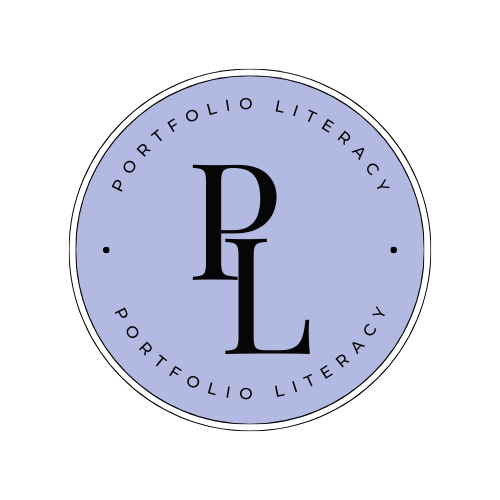Category: Alternative Investing
I am a CPA Candidate sharing my experience building my portfolio while in my 20s. During this process of sharing information online I hope to increase free financial literacy access for all.
-
How to Invest in Real Estate with Fundrise?
Fundrise is a unique platform that has made real estate investment accessible to more people by using crowdfunding techniques. Fundrise allows individuals to invest in private real estate investments with far less capital than traditional methods require. This approach gives investors the chance to diversify their portfolios with alternative investments. Founded in 2012, Fundrise stands out…
-
Portfolio Literacy in 2025: The Next Chapter
As we step into 2025, I’m excited to share the evolving direction of Portfolio Literacy. This past year has been about laying the foundation—building tools like the Future Value of Investments Calculator, exploring portfolio risks every investor faces, and discussing the fundamentals of financial literacy. Now, it’s time to take things a step further. In…
-
5 Investments that Will Provide a Real Return
In today’s financial landscape, finding reliable investments that offer a real return can be challenging. With inflation impacting the purchasing power of your money, it’s essential to focus on assets that can outpace rising costs. Real return refers to the actual gain on an investment after accounting for taxes and inflation. Investors seek opportunities that…
-
How to Reduce Inflation Risk in Your Portfolio
To safeguard your investments, understanding how inflation can impact your portfolio is crucial. Inflation risk can erode your purchasing power over time, affecting your long-term financial goals. By implementing strategies that account for inflation, you can protect your investment portfolio and maintain your wealth over time. Adjusting your approach involves being mindful of economic growth…
-
Building an Aggressive Portfolio in Your 20s
Building an aggressive portfolio in your 20s can be a powerful strategy to increase your wealth over time. At this age, you’re in a great position to take on more risk, as you have plenty of time to recover from potential downturns. An aggressive portfolio, usually weighted heavily toward stocks and other risky assets that…
-
How to Structure a Portfolio of Alternative Assets (+$50M)
We previously covered JP Morgan’s analysis of family office portfolios, and they showed that on average, the wealthiest families invest 50% of their entire portfolio in alternative assets. So many aspire to build their wealth to be like these families, having tens or even hundreds of millions of dollars in assets, but wonder how they…
-
What Is Credit Default Risk and How Can You Mitigate It In Your Portfolio?
Credit default risk is a crucial concept for anyone involved in lending or investing. It refers to the chance that a borrower won’t be able to make the required payments on their debt obligations. This failure to pay can affect the investor or lender’s financial health and decision-making process. Understanding this risk can help you…
-
Private Equity is not Ruining America, it is Running It
Private equity (PE) has long been a misunderstood player in the world of finance, often vilified as a destructive force that prioritizes profits over people. Critics argue that private equity firms are responsible for the downfall of businesses, job losses, and economic disparities. However, this narrative fails to account for the significant value PE creates…
-
The Poor Man’s Alternative Assets
When most people think about investing, their minds immediately jump to traditional financial assets—stocks, bonds, and real estate investments. But there’s an entirely different class of assets out there, one that doesn’t require a ton of upfront capital and can provide uncorrelated returns with the proper time investment: what I like to call the “Poor…
-
Family Office Portfolio Allocation Data
When it comes to managing significant wealth, a family office has become the gold standard for the ultra-wealthy. These entities, often private firms established to manage and preserve the wealth of affluent families, are known for their tailored approach for the family’s goals. One of the critical aspects of their operations is asset allocation, a…
